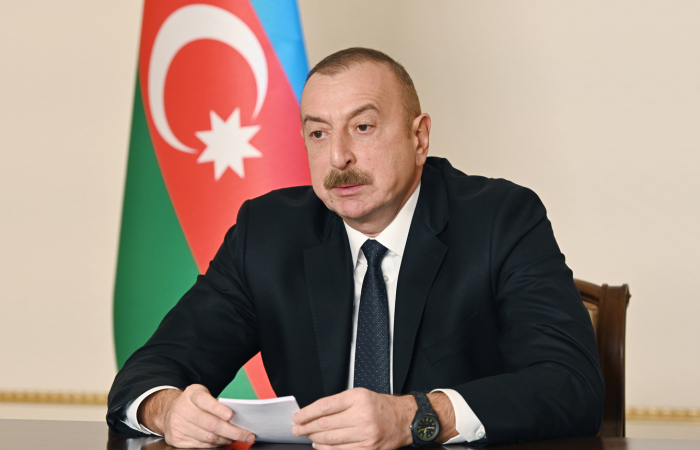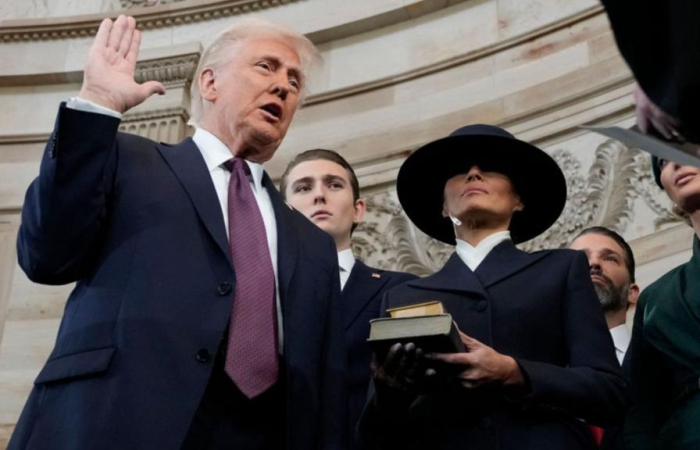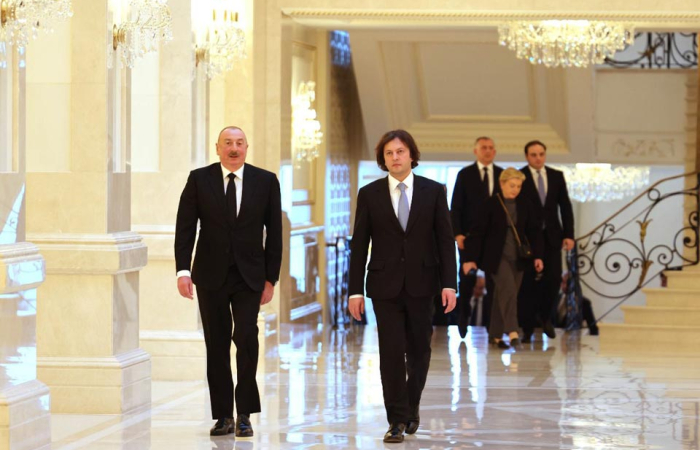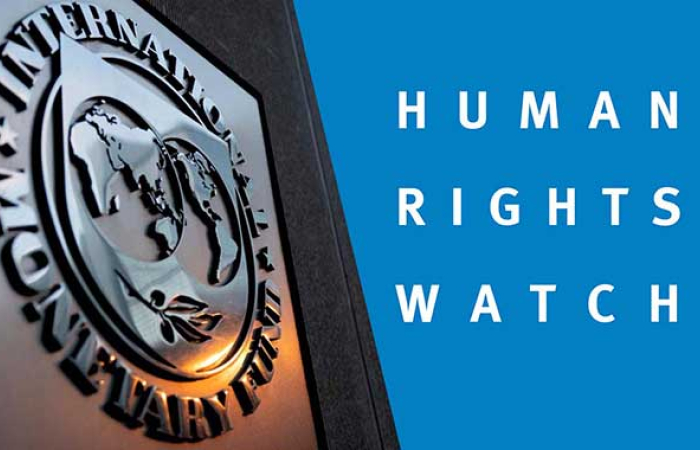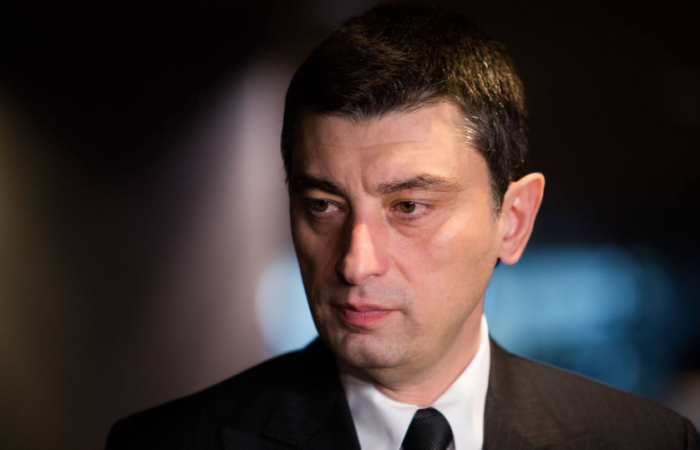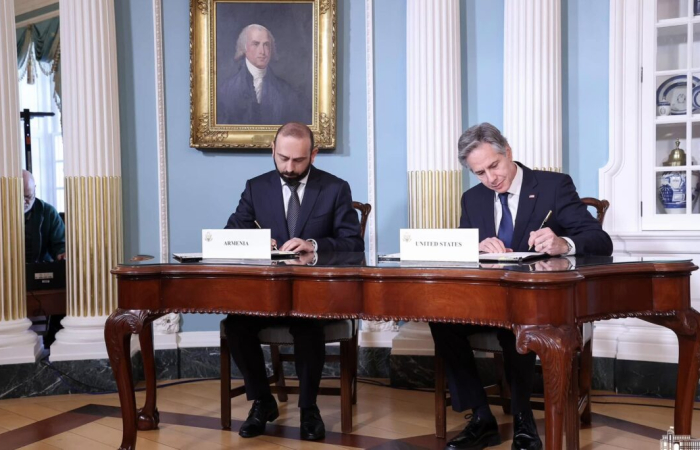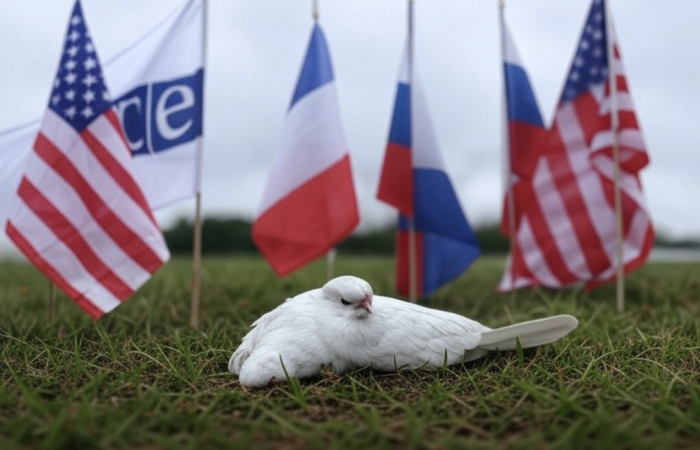Trending
President Aliyev rejects criticism over arrests of journalists after seven news staff go on trial
22 January 2025
President Ilham Aliyev has rejected criticism over the arrests of journalists and said Azerbaijan has "a free press and a free internet." Seven people went on trial in Azerbaijan on Tuesday in the latest of a series of cases against staff of independent news media, prompting accusations of a crackdown on the press. Six of the defendants are affiliated with Abzas Media, an independent outlet focused on corruption and human rights in Azerbaijan, which ranks 164th of 180 countries in Reporters without Borders' (RSF) World Press Freedom Index. The seventh is a reporter with the Azeri language service of Radio Free Europe/Radio Liberty (RFE/RL), a US government funded outlet.



